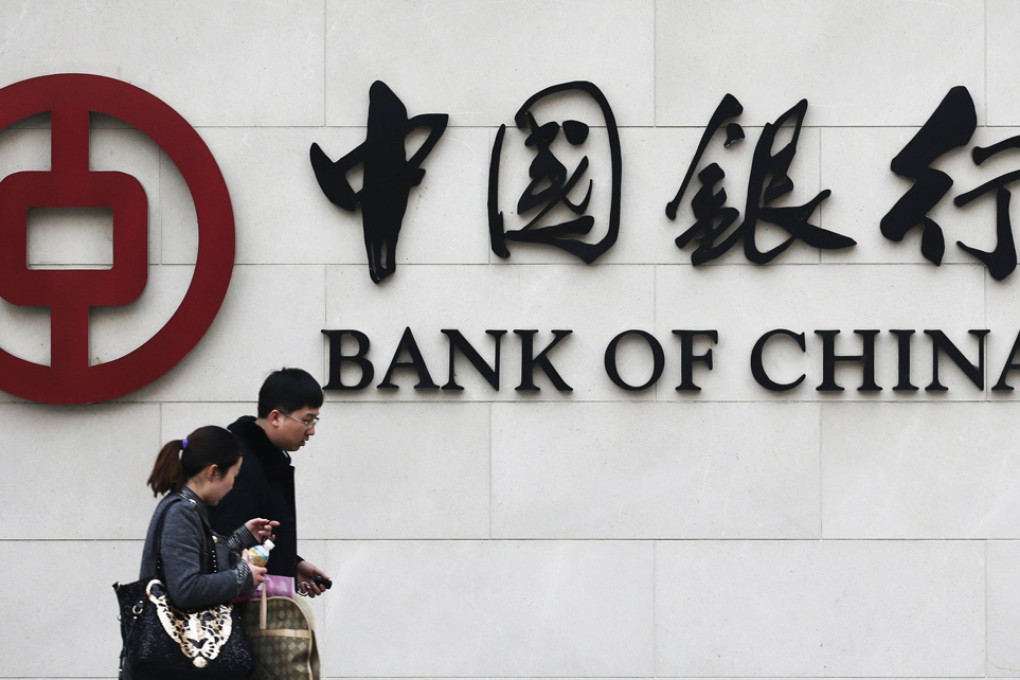Fears raised over rented debt ratings
Mainland firms spark concerns while fundraising in US as global bond sales by issuers carrying bank guarantees soar

Mainland companies renting debt ratings from state-owned banks when raising funds in US money markets are fuelling credit concerns as bad loans mount.

Unrated China International Marine Containers Group has a US$600 million programme. China Power International Development, which had a junk score until Fitch Ratings withdrew it in 2012, has a US$300 million plan.
Global bond sales by mainland issuers carrying bank guarantees already more than doubled to a record US$2.84 billion last year and offerings have been sustained this year even as bad loans on the mainland surged to a three-year high.
The use of credit sweeteners for shorter-dated commercial paper is now bringing unrated mainland borrowers to the low-risk US money market.
"The only reason why a company needs a standby letter of credit is because in many situations, the underlying credit is a challenging one," said Raymond Chia, the Singapore-based head of credit research at Schroder Investment Management.
"Over a longer term, such risky companies and sectors could still pose fundamental issues for the guarantee bank."